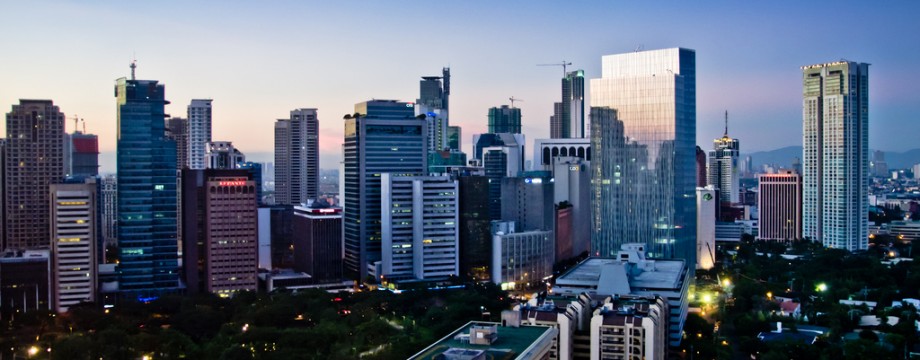One thing I had been wondering about here came out of comparing the Philippines with Mexico, as both were colonized by Spain at around the same historical period, and I can see similarities in the traces and legacy left on the culture. However, Mexico speaks Spanish and here they speak English. Yes, the USA has also had influence in the Philippines, but it’s the same with Mexico, and they’re much closer to us! So why is it that here they don’t speak Spanish? (Many have Hispanic last names as a result of colonization and the assignment of names to the indigenous people, but they are not pronounced in a typical Spanish way – for example, the double L, instead of making a “y” sound as it does in Spanish-speaking countries, is rolled. “Castillo” here is pronounced “Castilio,” and even the names of Spanish dishes are pronounced “tortilia” or “quesadilia.”)
I’ve learned that this is because the Spanish purposefully prevented the Filipinos from learning their language, as keeping them ignorant would impose a class difference and discourage an uprising. The Americans had a different approach for the Philippines, and established the school system here where English was the language of instruction. Filipino (the standardized form of Tagalog, although the two terms are used interchangeably) has been the Official Language of the Philippines since their independence, but everyone here still knows at least a little English (the more education they’ve completed, the more fluent they are). Consequently, the attitude towards Spain is still a hostile one for the cruelty they suffered under 300 years of Spanish colonial rule, and the feeling towards Americans is one of gratitude – something along the lines of “we owe our independence to them, they educated us,” etc…somehow forgetting that Americans have also been “colonizers” and at war with the Philippines at different points in history.
Attitudes toward Japan are mixed. One thing I’ve learned here is that the Japanese also bombed Manila Bay during WWII shortly after bombing Pearl Harbor. The Philippines was an American Territory during that time, so it was in an effort to hurt the American presence in Asia, and the Philippines became an arena for conflict that they were not directly involved in. During that time, the Philippines came under Japanese control for 3 years while the Americans fought hard to get it back, and it was messy (to say the least) for the Filipinos caught in the middle – there were many casualties, and many who are old enough to remember that time still lament all of Old Manila that was destroyed. Very little survived that time, and many of the beautiful and historical old buildings are no longer in existence. Although many Filipinos go abroad to Japan now and relations are better, there is still some tension between Japan and the Philippines. Most Filipinos who go to Japan do so as entertainers, and I think there’s some stigma – the Japanese look down on the Filipinos there as inferior. (Of course, their two cultures are very different as well: the Japanese are very uptight and efficient, and Filipinos tend to be more relaxed and leisurely. These two values understandably conflict.)

